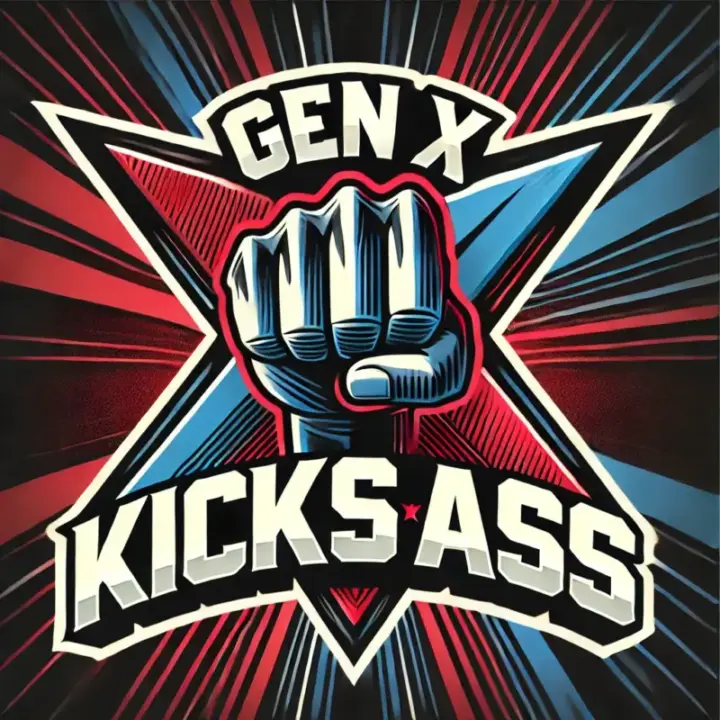The Complex History of Columbus Day
Columbus Day remains one of the most controversial holidays in the United States. Some see it as a celebration of discovery and Italian heritage, while others condemn it as a reminder of colonialism and oppression. Over the years, states have removed Columbus Day in favor of Indigenous Peoples’ Day, igniting fierce debates about historical accuracy and cultural recognition.
The holiday’s origins stretch back to the late 19th century. It was not originally intended to glorify Christopher Columbus but instead to acknowledge the struggles of Italian immigrants. Understanding the full history of Columbus Day provides a clearer picture of why it exists and why it remains so divisive.
Why Columbus Day Became a National Holiday
Many assume Columbus Day has existed since the founding of the United States, but that is not the case. The first official Columbus Day was declared in 1892 by President Benjamin Harrison. At the time, the United States was dealing with growing tensions between the federal government and Italy following the largest mass lynching in U.S. history.
In 1891, a mob in New Orleans murdered eleven Italian immigrants, accusing them of being part of organized crime. The lynching led to a diplomatic crisis with Italy. To smooth relations and recognize the contributions of Italian-Americans, Columbus Day was established as a symbol of unity.
The holiday gained national recognition over time. In 1937, President Franklin D. Roosevelt declared Columbus Day a federal holiday, largely due to pressure from Italian-American organizations. At the time, many Italians faced discrimination, and Columbus served as a symbol of pride and cultural identity.
The Changing Perception of Columbus
Columbus Day remained widely accepted for decades, but attitudes began shifting in the late 20th century. Many historians reevaluated Columbus’s impact, pointing out the devastation that followed European colonization. His arrival in the Americas led to the forced displacement, enslavement, and deaths of Indigenous peoples.
Activists began pushing for an alternative to Columbus Day, arguing that celebrating Columbus ignored the suffering of Native populations. This movement gained traction in the 1990s, with many states choosing to rename the holiday Indigenous Peoples’ Day to honor the cultures that existed long before European explorers arrived.
The Debate Over Columbus Day Today
Supporters of Columbus Day argue that erasing the holiday dismisses the history of Italian-Americans. They see Columbus as a symbol of perseverance, representing immigrants who overcame prejudice to succeed in America. Many Italian-American groups continue to advocate for the holiday, emphasizing its role in recognizing their contributions to U.S. history.
Opponents, however, argue that Columbus’s legacy cannot be separated from the atrocities committed against Indigenous peoples. They believe the holiday should shift focus toward acknowledging the history and resilience of Native American cultures.
As a result, many cities and states have stopped observing Columbus Day altogether. Instead, they have adopted Indigenous Peoples’ Day, promoting education about Native history and contributions.
What the Future Holds for Columbus Day
The debate over Columbus Day is unlikely to end soon. Some states, such as California, Oregon, and South Dakota, no longer recognize it. Others, including New York and Illinois, continue to celebrate Columbus Day as a public holiday.
Many companies and organizations have also taken sides. Some businesses now offer employees the choice between taking off Columbus Day or Indigenous Peoples’ Day. School curriculums are evolving as well, presenting a more balanced view of Columbus’s legacy rather than a one-sided narrative.
Whether Columbus Day survives or transforms entirely, its history serves as a reminder of how American identity continues to evolve. The holiday’s future depends on how the country chooses to reconcile historical truths with cultural traditions.
Final Thoughts
Columbus Day started as a response to anti-Italian violence but has since become a national debate about historical narratives, cultural identity, and Indigenous rights. Whether people celebrate it or reject it, its legacy will continue to shape discussions on history, heritage, and national memory.
